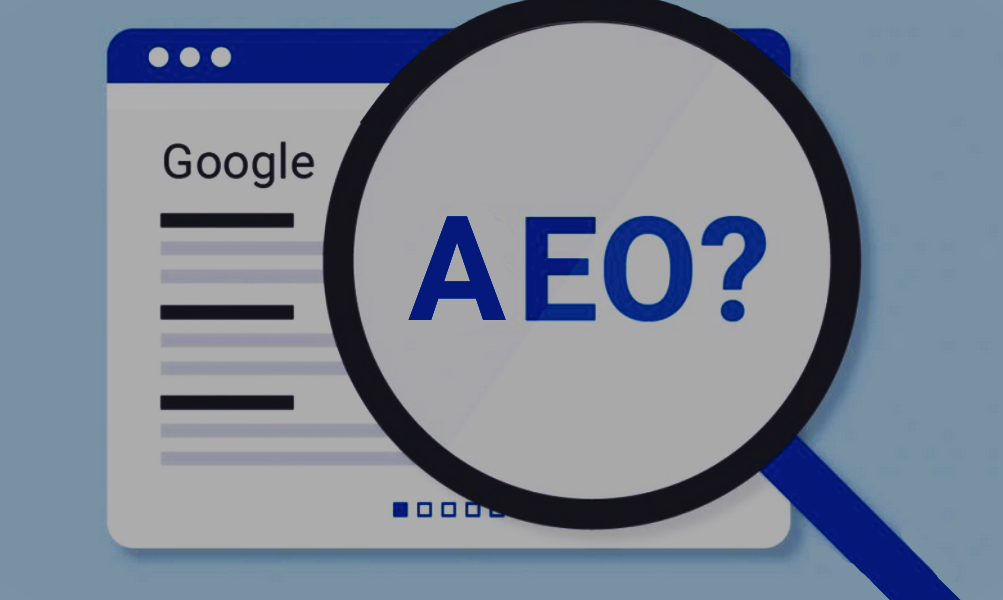Written by M-Ahmed
Saturday, August 10, 2024 at 12:55 AM
Embarking on a profession as an ethical hacker involves a well-defined path that combines education, practical experience, and continuous learning. Ethical hackers play a crucial role in cybersecurity by identifying vulnerabilities in systems and helping organizations protect against malicious attacks. Here’s a comprehensive roadmap to guide you on this journey.
1. Build a Strong IT and Networking Foundation
1.1. Understanding Basic IT Concepts
- Overview: Start by gaining a solid understanding of essential IT concepts, including computer systems, hardware, and software. Familiarize yourself with different operating systems such as Windows and Linux, both of which are crucial in cybersecurity.
- Resources: Online platforms like Coursera and Udemy offer courses on basic IT and networking. Books like “CompTIA A+ Certification All-in-One Exam Guide” provide comprehensive coverage of these topics.
1.2. Networking Fundamentals
- Overview: Learn about networking fundamentals including TCP/IP, DNS, HTTP/HTTPS, and other protocols. Understanding network devices like routers, switches, and firewalls is essential for ethical hacking.
- Resources: Cisco's Networking Academy and books like “Network+ Guide to Networks” help build your networking knowledge.
2. Master Security Principles
2.1. Basic Security Concepts
- Overview: Study core cybersecurity principles such as the CIA Triad (Confidentiality, Integrity, Availability). Understand common threats, vulnerabilities, and the importance of security policies and procedures.
- Resources: Introductory courses on platforms like Coursera or books such as “Principles of Information Security” provide foundational knowledge.
2.2. Cryptography
- Overview: Explore cryptographic techniques including encryption algorithms (AES, RSA) and hashing functions (SHA). Learn about Public Key Infrastructure (PKI) and how encryption protects data in transit and at rest.
- Resources: Courses like “Applied Cryptography” on Coursera and books like “Cryptography and Network Security” offer in-depth insights into cryptography.
3. Develop Core Ethical Hacking Skills
3.1. Ethical Hacking Fundamentals
- Overview: Understand penetration testing methodologies and tools. Get acquainted with tools such as Nmap for network scanning, Metasploit for exploitation, and Burp Suite for web application security testing.
- Resources: Courses like the Certified Ethical Hacker (CEH) prep course and books like “Hacking: The Art of Exploitation” provide essential skills and knowledge.
3.2. Hands-On Practice
- Overview: Engage in practical exercises through virtual labs and Capture the Flag (CTF) challenges. Platforms like Hack The Box and TryHackMe offer hands-on experience with real-world scenarios. Participate in bug bounty programs on platforms like HackerOne or Bugcrowd to test your skills in live environments.
- Resources: Practice platforms and CTF challenges are valuable for hands-on learning.
4. Advance Your Knowledge and Specialize
4.1. Advanced Penetration Testing
- Overview: Dive into advanced exploitation techniques and study social engineering tactics. Explore topics like advanced network attacks, exploit development, and vulnerability assessment.
- Resources: Courses such as Offensive Security Certified Professional (OSCP) and books like “The Web Application Hacker's Handbook” provide advanced training and insights.
4.2. Specialization Areas
- Overview: Consider focusing on areas such as web application security, network security, or wireless security. Specializing in a specific area can enhance your expertise and career prospects.
- Resources: Specialized certifications and training programs tailored to specific areas of cybersecurity help you gain in-depth knowledge.
5. Obtain Certifications and Build a Professional Profile
5.1. Entry-Level Certifications
- Overview: Begin with foundational certifications like CompTIA Security+ and Certified Ethical Hacker (CEH). These certifications validate your knowledge and skills in cybersecurity and ethical hacking.
- Resources: Study guides, practice exams, and online courses help you prepare for these certifications.
5.2. Advanced Certifications
- Overview: Pursue advanced certifications such as Offensive Security Certified Professional (OSCP) and Certified Information Systems Security Professional (CISSP) as you gain more experience. These certifications are recognized in the industry and demonstrate a high level of expertise.
- Resources: Advanced training programs and real-world experience are crucial for achieving these certifications.
6. Gain Practical Experience and Network
6.1. Practical Experience
- Overview: Gain experience through internships, entry-level positions, or volunteer work. Practical experience is vital for applying theoretical knowledge in real-world scenarios and building a strong skill set.
- Resources: Seek opportunities to work on security projects, participate in internships, or volunteer for organizations in need of cybersecurity support.
6.2. Networking and Community Involvement
- Overview: Engage with the cybersecurity community by attending conferences, joining forums, and participating in professional organizations. Networking with industry professionals can provide valuable insights and open doors to career opportunities.
- Resources: Cybersecurity conferences, online forums, and professional organizations like ISACA and (ISC)² offer networking and learning opportunities.
7. Continuous Learning and Improvement
7.1. Stay Updated
- Overview: The cybersecurity landscape is constantly evolving. Stay informed about the latest threats, vulnerabilities, and trends by following security news, blogs, and research publications.
- Resources: Security blogs, newsletters, and research papers are excellent sources of up-to-date information.
7.2. Pursue Continuing Education
- Overview: Continue your education by pursuing advanced certifications, attending workshops, and engaging in specialized training. Ongoing learning ensures you stay current with new technologies and methodologies.
- Resources: Enroll in advanced courses and workshops to deepen your knowledge and skills.
Summary
Becoming an ethical hacker is a comprehensive process that requires a combination of foundational knowledge, specialized skills, practical experience, and continuous learning. By following this roadmap, you can develop the expertise needed to excel in ethical hacking and contribute to enhancing IT security. Whether you are just starting or looking to advance your career, dedication and perseverance will lead to success in this dynamic and rewarding field.






